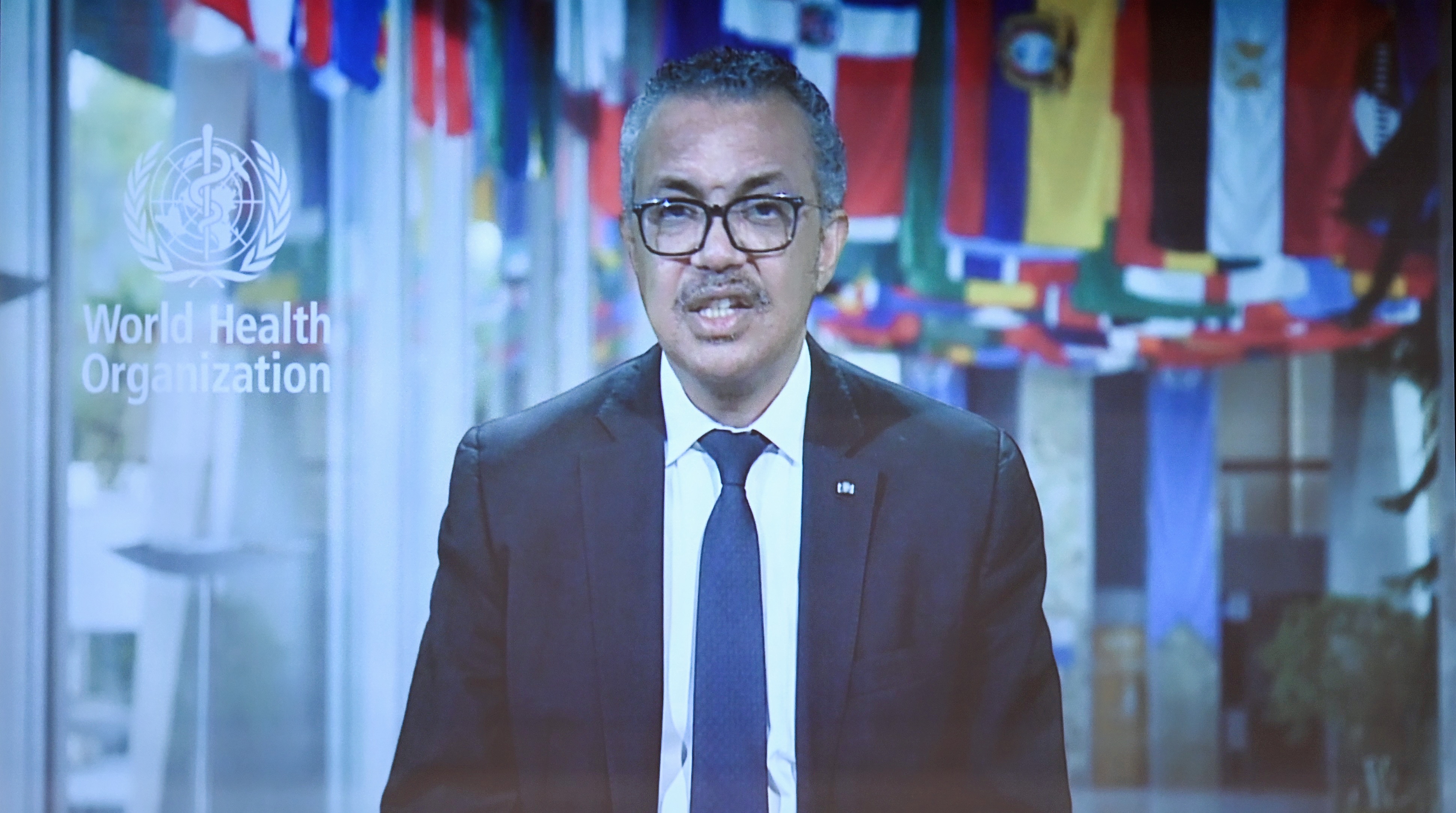
姚洋院长、刘国恩院长、韩启德教授,尊敬的嘉宾,亲爱的同事和朋友。新冠肺炎疫情凸显了全球卫生系统的不平等和不公平问题。与此同时,我们也看到了数字技术在改善医疗卫生服务,协助我们应对这一全球趋势方面的强劲力量。疫情暴发以来,数字技术已被广泛用于筛查人群,跟踪已确诊病例,以及监测关键卫生资源的流动和供应,数字技术还可用于加强基础医疗卫生服务,并预防新疾病传播和复苏。
南南合作可以推进低中收入国家数字技术的公平获取。但是,尽管数字技术前景广阔,其始终只是一项工具,是否能够发挥作用取决于我们是否能够明智地应用这一工具。在低收入与医疗服务供给不足地区,必须解决数字医疗技术使用的可及性、质量与安全不平等问题。数字医疗面临的首要挑战是保护个人医疗数据的隐私、安全与完整。
世界卫生组织的数字健康全球战略,旨在协助各国在迈向全民健康覆盖的旅途中更好地利用这一21世纪的最新工具,同时通过恰当监督和监管指引,加强治理与数据保护。数字医疗可以成为构建更健康、更安全、更公平世界的有力工具。
谢谢。
Exacutive Dean Yao, Dean Gordon Liu, Professor Han, distinguished guests, dear colleagues and friends. At the same time, we have also seen the power of digital technologies to improve health care delivery and help us take on this global trends. They have been used to screen populations, track people who have been infected and monitor the flow and supply of critical health resources. Digital technologies can be used to strengthen primary health care and to prevent the spread or resurgent of new diseases.
South-South cooperation can be an important factor in facilitating equitable access of digital technologies to low and middle income countries. But while digital technology holds great promise, in the end, it's only a tool. It is up to us to use it wisely. We must address the disparity in access quality and safe use of digital health technologies in low income and underserved communities. And an overarching challenge is to preserve the privacy, safety, and integrity of individual health data.
WHO’s global strategy on digital health is designed to help countries adapt this 21st century tool as part of their journey toward the universal health coverage, while strengthening governance and data protection with the right oversight and regulatory guidance. Digital health can be a powerful tool for building a healthier, safer, and fairer world.